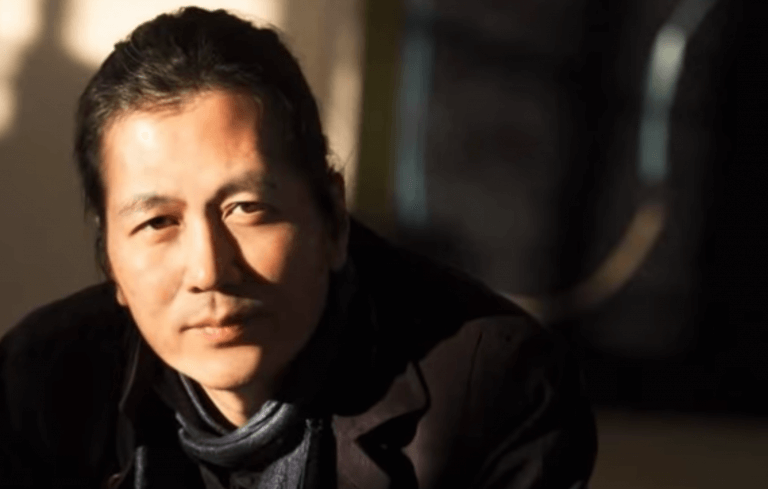Byung-Chul Han’s work is one of the most interesting today, however, although he is already very famous and popular, he is still not popular enough, so it is worth analyzing his assumptions, especially if we want to think about the current way of life and the direction we are taking.
This South Korean philosopher and writer is also an expert in cultural studies and has become one of the most recognized voices of contemporary thought. Byung-Chul Han’s work focuses on very current phenomena, such as technology, excessive work culture or the effects of globalization. capitalism.
- “Anyone who fails in the neoliberal income society feels responsible and ashamed.
- Rather than questioning society or the system.
- That’s what the special intelligence of the neoliberal regime is all about.
- (?) In the neoliberal self-exploration regime.
- The person directs aggression towards himself.
- Doesn’t this self-aggression make the exploited revolutionary.
- But depressive?Byung-Chul Han-.
Some of the most famous titles of Byung-Chul Han’s work are Society of Tiredness, Agony of Eros, Topology of Violence and Psychopathy: Neoliberalism and new forms of power, among others, in which concepts that are configured as main axes of their way of seeing the world stand out, let us go a little further in some of them.
Much of Byung-Chul Han’s work is based on a reflection on how we work today. In an interview with the newspaper El País, he summed up his thoughts in one sentence: “Now people are exploring and believing that it is coming true. “.
For Byung-Chul Han, the current man follows a social mandate: to do all he can. Until recently, people did what they should. Now the human being believes that he must succeed, even at the expense of himself, and is gravely distressed if he does not succeed. Power doesn’t have to whip you. Everyone submits to this system of work and consumption on a wholly voluntary basis.
In Byung-Chul Han’s work there are also constant references to communicative phenomena as we know them today, for him relationships have been replaced by connections, what is established is a link between sources of information scattered throughout the world.
Byung-Chul Han says that without the physical presence of the other there is no communication, but exchange of ideas, all the senses, except the view, fall out of favor, so, in some parts, communication has visibly weakened. At the same time, people are only looking for their ‘equals’, those who are able to please their ideas, so what’s the difference?
Certainly, the concept of garden is not one of the most worked in philosophy, in the work of Byung-Chul Han it is about resisting the impositions of the digital world, this sphere has a very diffuse and insignificant materiality, as the philosopher says: “Digital does not weigh, does not feel, does not resist, drags the finger and is done.
In this way, the concept of garden is a call to return to concrete sensations. Feeling, feeling, feeling? The South Korean thinker speaks of the “secret garden”, a reserved space in which people come back into contact with material reality, not mediated by the digital. In his opinion, it’s a way of finding what he calls “the original beauty. “
The other is one of the concepts in crisis in today’s society, it seems that the only motto is to match. Trends? And the viral are manifestations of this desire to belong to a collective that works in uniesonuming.
Byung-Chul Han says that the more equal we are, the more production increases, in his opinion the difference is contrary to the goals of neoliberalism, if there were people who used smartphones and others who did not, the market would suffer. , there is a radical conformism, a huge passivity that reduces human beings to the condition of customer or producer.
Time is another of those critical elements in today’s world, the philosopher argues that a revolution in the use of time is necessary, what matters now is acceleration and passenger, do it all very quickly and let yourself be carried away as soon as it comes, it is an attempt against permanence.
For this thinker, it is essential to recover personal time, that is, the time in which we spend, clean time, beyond the productive system. Find moments of leisure and moments of celebration. It reserves time for the unproductive, not for the “pause”, this makes the work more efficient.
Undoubtedly, Byung-Chul Han’s work is one of the richest and most interesting in today’s world, and it’s not just a job. He lives himself according to the assumptions he professes, what he seeks first of all is to defend his being and his freedom.

